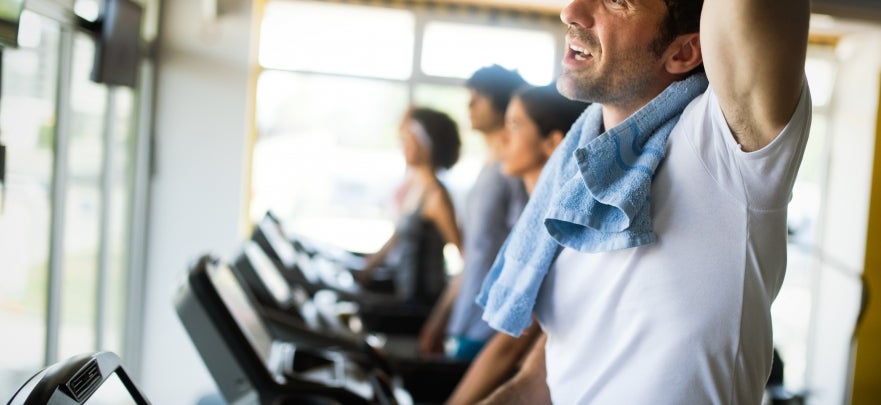Cardio: Too Much of a Good Thing?
Cardiovascular exercise (cardio for short) elevates the heart rate using non-weight-bearing or lifting techniques. Examples include running, cycling, swimming, and rowing. These activities help strengthen the heart and other muscles, increase lung capacity, and assist with weight management by burning fat and calories. Cardio exercises also help reduce the risk of chronic illnesses such as diabetes, high blood pressure, and heart disease. They can even help manage mild depression.
So, how is it that we need to be mindful of doing too much of a good thing?
Too much cardio, or aerobic, exercise is often a function of not budgeting enough rest and recovery. As the old saying goes, “everything in moderation.” Moderation when it comes to cardio exercise means making sure that you rest and recuperate from workouts so that you can get the full benefit of those workouts. When you push your body to do more without giving it the opportunity to recover from the stress that naturally occurs during any type of exercise, you risk burnout. That bit of stress exercise creates is good because it makes us stronger, but only if we give our bodies the chance to build that strength through rest.
One of the first signs that you are doing too much cardio is soreness. Often this is a repetitive-use injury resulting from working one set of muscles or joints too much without providing adequate time for healing. The post-workout soreness is often a sign that you’ve had a good workout and have pushed yourself a little further than you were before. However, if that soreness worsens and healing after workouts is tougher, it’s time to cut back. You are likely overtaxing joints and muscles, which could cause permanent damage over time.
Too much exercise can also cause sleep problems. Stress caused by exercise releases the stress hormone cortisol, which can keep our minds racing, making it difficult to fall asleep. Even if you aren’t overdoing the cardio, be mindful of exercising too close to bedtime. Exercise elevates your heart rate and stress hormone levels, making falling asleep much more of a chore.
Fatigue may also become a problem if you are doing too much cardio. That lack of rest and recovery will start to catch up with you. You may not be able to sleep well, and your body will try to sneak in the recuperative rest it needs through bouts of sleepiness at inconvenient times. Your body is telling you to slow down. Listen to your body.
Again, it’s all about balancing the strength-enhancing stress of cardio exercise with the appropriate rest and recovery from that stress. If you get too out of balance, you and your body will pay for it. As alternatives to cardio, rotate in to your routine flexibility exercises such as yoga and weight training. These exercises compliment an aggressive cardio routine well.
So, make sure to not make too much of a good thing a bad thing. Listen to your body and couple exercise with recuperative rest in the right doses.






